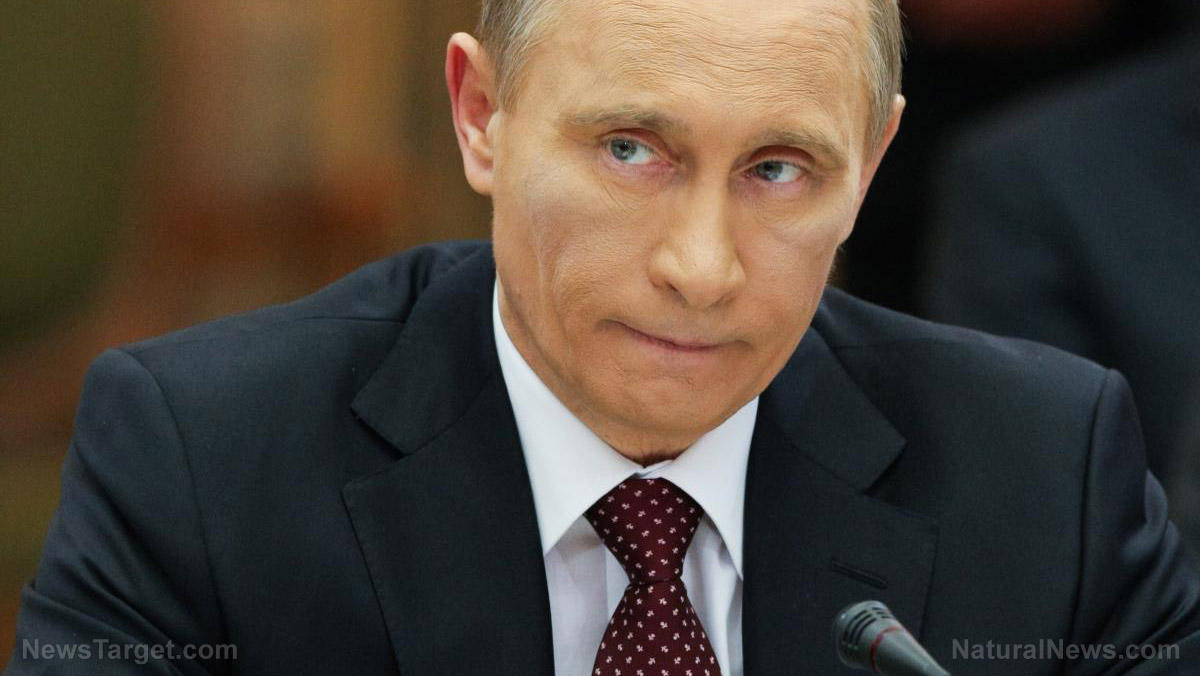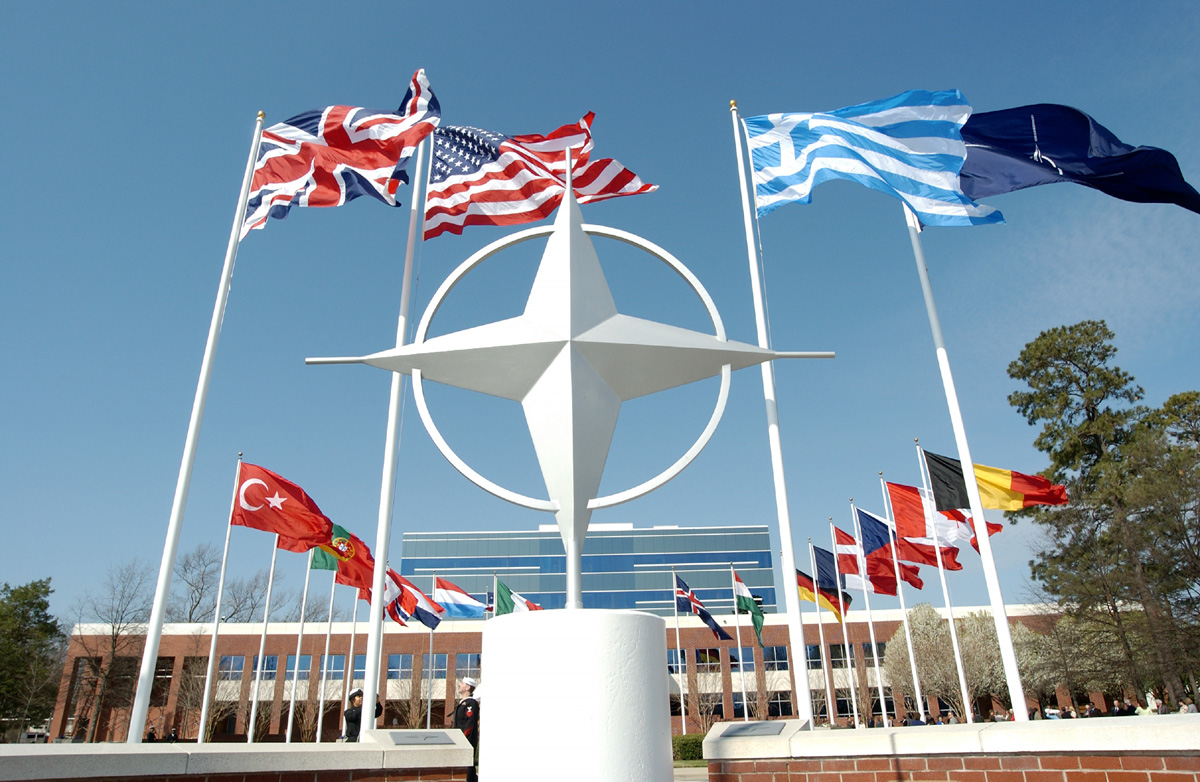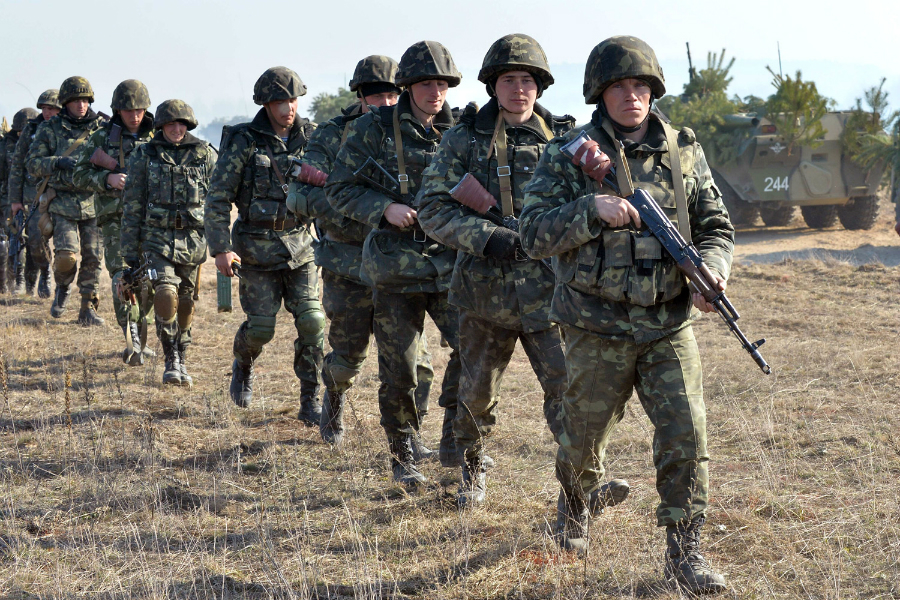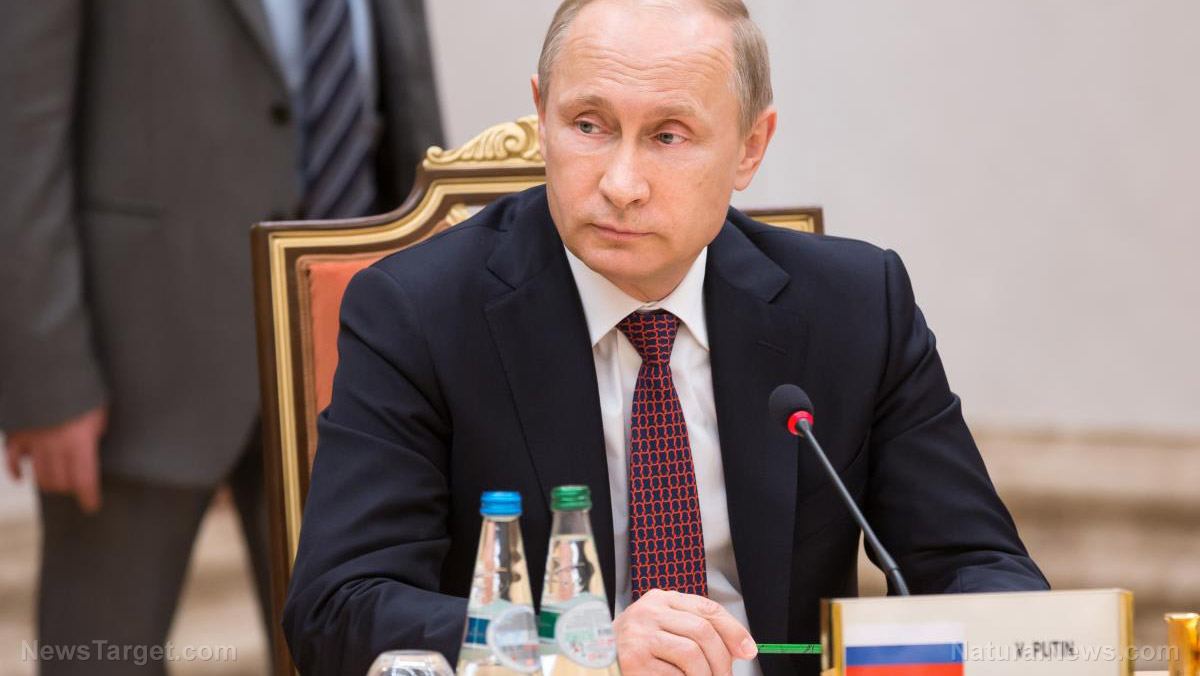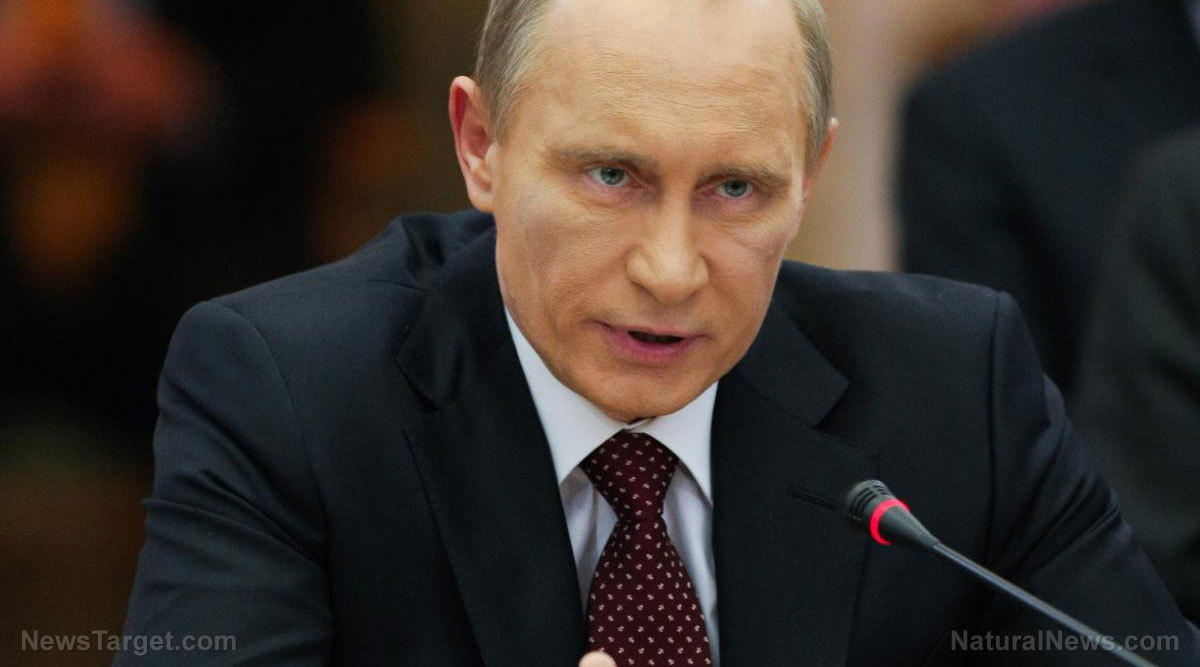Yellen wants frozen Russian assets to be given to Ukraine – a move that could drive away nations from Western banks
03/03/2024 / By Belle Carter

The United States and its allies have frozen $300 billion in Russian assets and Treasury Secretary Janet Yellen wants to unlock them and give said immobile Russian central bank funds to Ukraine.
“It is necessary and urgent for our coalition to find a way to unlock the value of these immobilized assets to support Ukraine’s continued resistance and long-term reconstruction,” Yellen said in Brazil, during the Group of Seven nations meeting this week, as per the Associated Press. She added that there is a strong international law, economic and moral case for moving forward. “This would be a decisive response to Russia’s unprecedented threat to global stability,” Yellen added. The ultra-leftist idea of outright stealing money to finance Ukraine’s battle with Russia could be the administration’s attempt to keep the war going despite that stalled foreign aid bill amounting to $60 billion in Congress.
Those billions have been sitting untapped as the war grinds on, now in its third year, while officials from multiple countries have debated the legality of sending the money to Ukraine. More than two-thirds of Russia’s immobilized central bank funds are located in the European Union. Using the assets to help Ukraine “would make clear that Russia cannot win by prolonging the war and would incentivize it to come to the table to negotiate a just peace with Ukraine,” the Treasury secretary said.
She also insisted that it is “extremely unlikely” that tapping the frozen funds would harm the dollar’s standing in the global economy “especially given the uniqueness of the situation where Russia is brazenly violating international norms. Realistically there are no alternatives to the dollar, euro and yen,” she further stated. (Related: U.S., Europe explore possibility of seizing frozen Russian assets and giving them to Ukraine as American funding dries up.)
Meanwhile, President Joe Biden’s national security spokesman John Kirby said at a White House press briefing Tuesday that they still believe Russia needs to be responsible for the damage brought onto Ukraine by “exploring the option of using those frozen assets.” “We still need more legislative authorities from Congress to spend the immobilized funds and we have got to have our coalition partners to come along with us,” he said.
Moreover, bipartisan legislation called the “Rebuilding Economic Prosperity and Opportunity for Ukrainians Act” has been circulating in Washington. It reportedly would use assets confiscated from the Russian Central Bank and other sovereign assets for Ukraine. Leading lawmakers had tried to push it as a way to help provide Ukraine aid, but it has since not moved forward.
Yellen’s call is destructive, making funds susceptible to political influence, Russian finance chief reacts
As a response to Yellen’s comments at a press conference in Sao Paulo, Russian Finance Minister Anton Siluanov said the plan could be “destructive” because it makes countries’ reserves susceptible to political decisions. Russia can respond “because we have frozen on our side a sizeable amount of foreign assets,” the finance minister assured in an interview at the G-20. Siluanov also said that the West’s narrative about asset freezes is undermining “trust in the reserve currencies.”
Moreover, discussions on using Russian assets have intensified as President Vladimir Putin’s forces gain momentum on the battlefield. According to a Bloomberg report, the U.S. and U.K. have been pushing G-7 allies to seize the central bank assets outright, but the group’s European members, especially France and Germany, are currently opposed to the move over legal concerns and worries that it could damage the stability of the euro as well as set a dangerous precedent.
Still, G-7 nations are discussing options. Among the ideas under discussion is using the funds as collateral to raise debt or as guarantees for loans. The European Union is slowly making progress on plans to at least apply a windfall tax to the profits generated by the immobilized funds. Last year, the funds enabled profits of €4.4 billion.
Brazil kicked off its presidency of the Group of 20 nations this month, with finance ministers meeting this week. Topics for discussion include poverty alleviation, climate change and the wars in the Gaza Strip and Ukraine. G20 leaders are slated to gather at a Nov. 18-19 summit in Rio.
Read more stories about globalists’ measures that could cause economic downfall at EconomicRiot.com.
Sources for this article include:
Submit a correction >>
Tagged Under:
assets, banking, Biden, big government, bubble, chaos, collapse, confiscation, conspiracy, currency, De-dollarization, dollar, economic riot, economic war, finance, finance riot, foreign aid bill, frozen assets, frozen funds, Group of 20, insanity, Joe Biden, long-term reconstruction, money supply, rigged, risk, Russia, Russia-Ukraine war, russian central bank, stability, theft, Treasury, Ukraine, White House, yellen
This article may contain statements that reflect the opinion of the author
RECENT NEWS & ARTICLES
COPYRIGHT © 2022 RussiaReport.news
All content posted on this site is protected under Free Speech. RussiaReport.news is not responsible for content written by contributing authors. The information on this site is provided for educational and entertainment purposes only. It is not intended as a substitute for professional advice of any kind. RussiaReport.news assumes no responsibility for the use or misuse of this material. All trademarks, registered trademarks and service marks mentioned on this site are the property of their respective owners.



